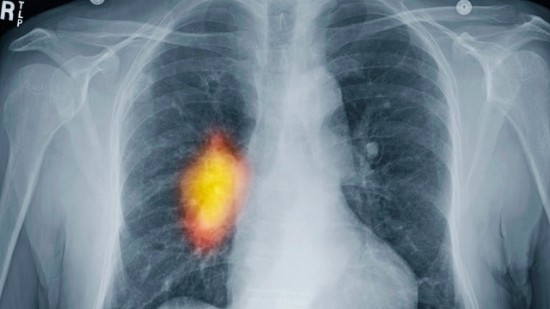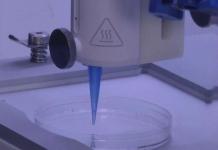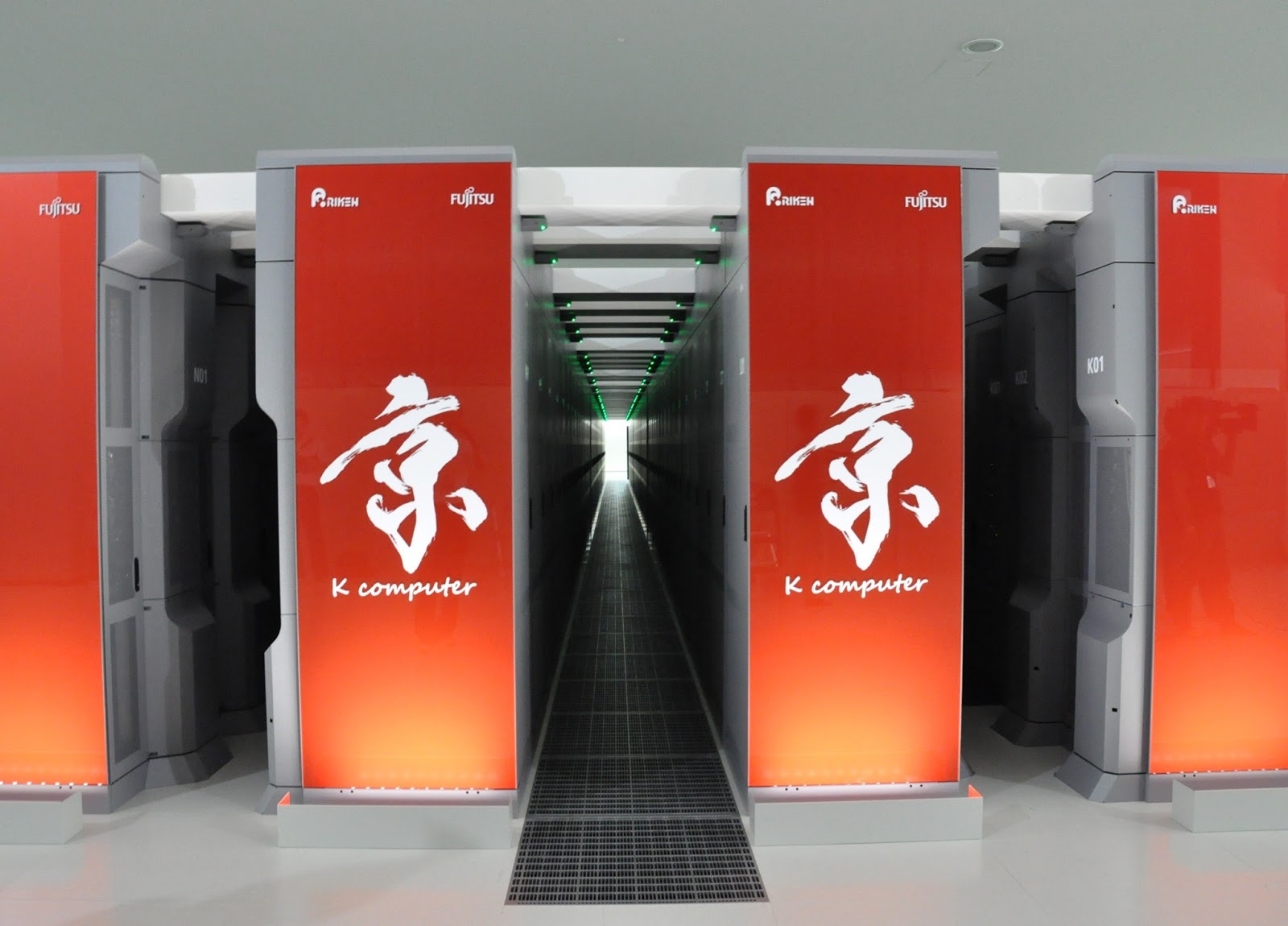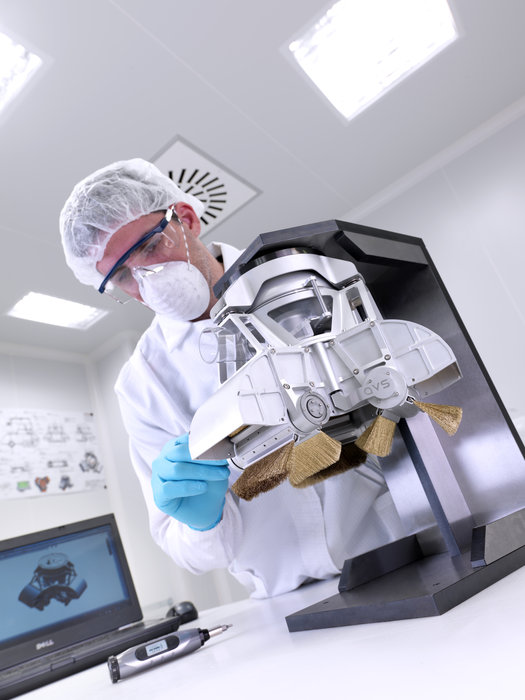Using a new online approach that allows reaseachers to perform virtual expirements in order to rapidly priorotise which are the best targets for drug discovery.
The new approach combines the use of a unique online database called canSAR with a new tool that allows researchers to compare up to 500 potential drug targets at the same time in minutes.This enables scientists around the globe to analyze unprecendented volumes of data while uncovering new or “missed” drag targets that can potentially lead to innovative cancer drugs.
This was demonstrated by analysing the Sanger Institute’s existing list of 479 cancer genes, revealing a total of 46 potentially druggable cancer proteins that have previously been overlooked for drug discovery, despite their known biological relevance to cancer.
According to Study co-author Professor Paul Workman, director of the Cancer Research UK Cancer Therapeutics Unit and deputy chief executive at The Institute of Cancer Research, the new approach will help researchers worldwide to address three major issues that we face today in developing new cancer drugs for personalised medicine.
Firstly, it will empower scientists to select the very best targets that are most likely to lead to successful drugs, thereby increasing the success rate in the clinic. Secondly, it will allow researchers to discover the best new drugs much more quickly and at a lower cost. Thirdly, it will enhance innovation, by helping shift the focus away from the tried and tested drug targets while managing the inevitable risk associated with moving into new and exciting areas. Both patients and the pharmaceutical industry will benefit from these advances.
There’s more science you can check out at Re-Freezing the Arctic to Prevent Global-Warming Disaster and NASA Plans to Turn Asteroid Into Space Station.











